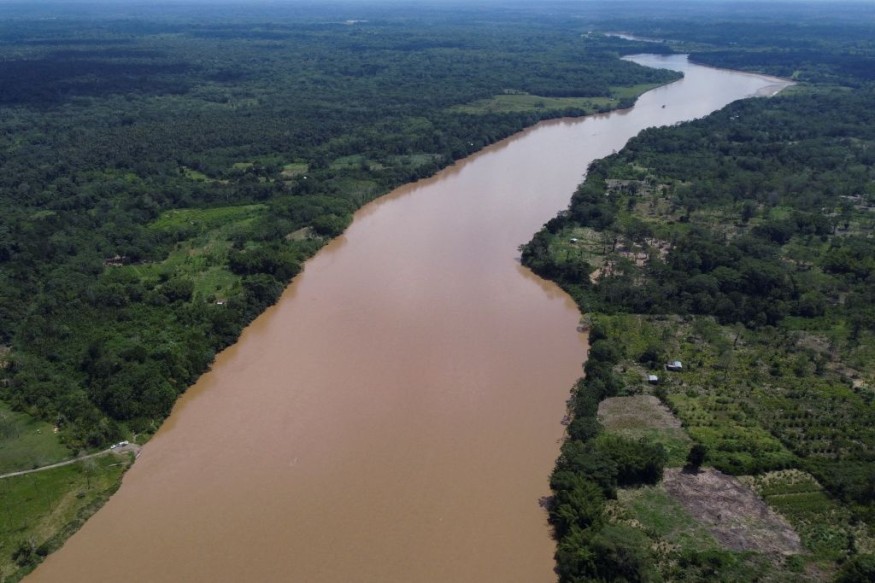Brazil is once again on the hot seat as illegal, excessive deforestation has been reported to continue in April.
The current circumstances highlight the country's capability of fulfilling its role in climate change mitigation targets under the Paris Agreement.
Deforestation and Climate Change

Environmental evidence revealed that Brazil may fail to achieve its promise of climate change mitigation targets due to the continued deforestation of the indigenous lands in the Brazilian Amazon, which is currently under constant pressure that has accelerated over recent years, as per Phys.org.
In the case of Para State's Apyterewa Indigenous Territory, the area is reportedly the most affected, which is a determining factor that hampers Brazil's ability to meet its international commitment to the Paris Agreement of combating deforestation and reducing the impact of climate change.
Related warnings can be seen in a paper previously published in the journal Science in January, which highlighted that Brazil's continued deforestation of the Brazilian Legal Amazon (BLA) since 2019 is in contrast to the country's goal to aim "zero illegal deforestation" by 2028.
Brazilian Amazon Rainforest
It can also be recalled that Brazil had a record-high deforestation report of the Amazon Rainforest with a total of 430 square kilometers (166 square miles) of deforested land area in January, according to satellite data from government space research agency Inpe, as cited by Reuters.
In a 12-month period, Brazil lost a total area of 13,235 square kilometers (5,110 square miles) of rainforest between August 2020 and July 2021, as per government data.
The said report showed that the number of trees cut down in the massive rainforest is significantly greater compared to January 2021.
Due to continued illegal deforestation, environmentalists and ecologists are concerned that further degradation of the Brazilian Amazon may still continue in the coming years.
Multiple studies have shown that the Amazon Rainforest is attributed for producing a substantial amount of the Earth's oxygen, which is crucial for fighting the environmental and climatic repercussions of global warming and eventually the greenhouse effect.
Brazil in the COP 26
In November 2021, Brazil ensured it would address the issue of illegal deforestation during the United Nations Climate Change Conference (COP26) held in Glasgow, Scotland.
The summit lasted from October 31 until November 12, 2021.
However, the Associated Press revealed in November that three Cabinet ministers spoke to the US-based media outlet that the Brazilian government kept data of the country's annual deforestation rate surge before the end of COP26.
Following the climate change summit, Brazilian President Jair Bolsonaro and his administration reportedly received a mixture of both appraisal and criticism with regard to their stance on the deforestation in the Amazon Rainforest.
The Paris Agreement
Also referred to as the Paris Treaty or the Paris Climate Accord, the Paris Climate Agreement aims to mitigate the global temperatures to 1.5 degrees Celsius.
Adopted in 2015, the Paris Treaty consists of more than 190 countries, including Brazil.
Member states under the Paris Accords are required to implement measures to mitigate climate change, including a reduction in greenhouse gas emissions.
© 2026 NatureWorldNews.com All rights reserved. Do not reproduce without permission.





